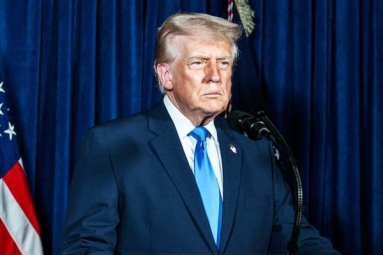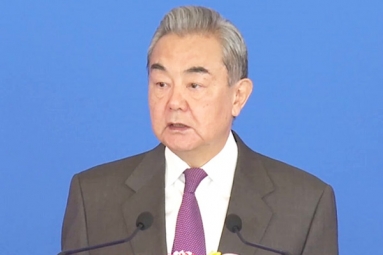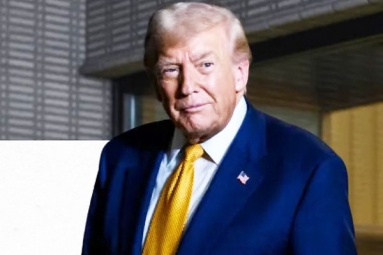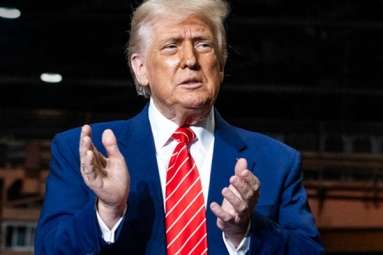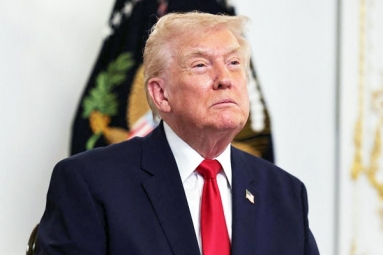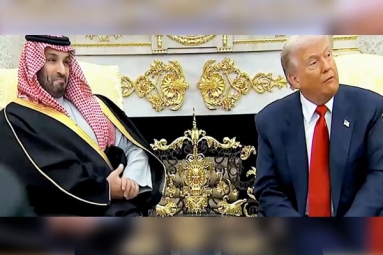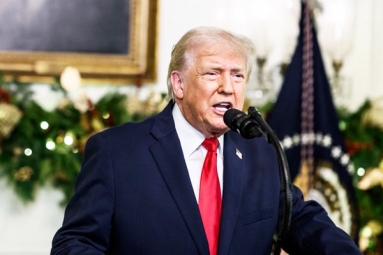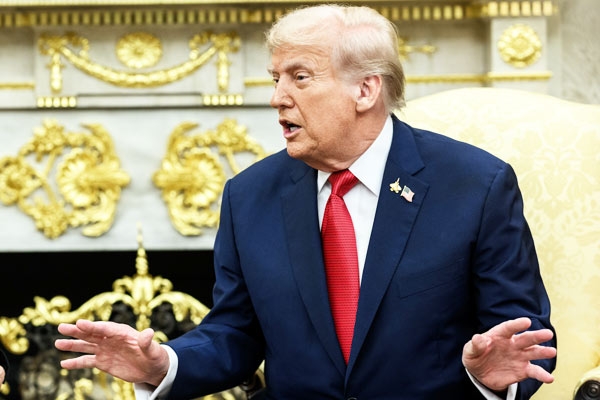
(Image source from: x.com/WhiteHouse)
United States President Donald Trump revealed on Thursday that tariffs could reach as high as 100 percent on imports of branded and patented medicines, starting from October 1, 2025. This decision could have a serious effect on India’s pharmaceutical industry, which relies heavily on trade with the United States. “On October 1, 2025, we will enforce a 100 percent tariff on any branded or patented medication, unless a company is building its drug manufacturing facility in America,” the Republican leader stated on Truth Social. Trump's statements indicated that his commitment to tariffs continues beyond the trade agreements and import duties that were initiated in August, showing his belief that these taxes will assist in lowering the government's budget deficit while promoting local manufacturing.
The phrase “is building” will be clarified to mean “breaking ground” or “under construction.” Thus, if construction has begun, there will be no tariff on these pharmaceutical products. “Thank you for your attention to this matter,” he continued. In this recent push for tariffs, Trump also imposed a 50 percent duty on kitchen cabinets and bathroom sinks, 30 percent on upholstered furniture, and 25 percent on large trucks. While Trump did not explain the legal reasons for these tariffs, he seemed to extend his authority as commander-in-chief by claiming that these taxes were necessary “for National Security and other reasons.”
The United States is the largest market for Indian pharmaceutical exports. In the fiscal year 2024, 31 percent of India’s $27.9 billion in pharmaceutical exports, amounting to $8.7 billion (Rs 77,138 crore), was sent to the US, according to the Pharmaceuticals Export Promotion Council of India, an industry organization. An additional $3.7 billion (Rs 32,505 crore) in pharmaceutical products were exported in just the first half of 2025. Reports indicate that India supplies more than 45 percent of the generic medicines and 15 percent of biosimilar drugs used in the US. Companies such as Dr Reddy's, Aurobindo Pharma, Zydus Lifesciences, Sun Pharma, and Gland Pharma reportedly generate between 30 to 50 percent of their total revenues from the American market. Although the recent American tariffs seem to mainly focus on branded and patented drugs, which are primarily controlled by international corporations, there is uncertainty about whether complex generics and specialized medicines from India will also face scrutiny. Additionally, major companies already have manufacturing plants in the US.
Consumers in the US heavily rely on inexpensive generic medications made in India. Increased tariffs could result in higher prices, inflation, and shortages of drugs in the country. At the same time, Indian firms, which already have slim profits in the US generics market, may find it difficult to absorb these costs if the tariffs are enforced, potentially leading them to pass the costs onto American consumers or insurance companies. Trump has already applied 50 percent tariffs on Indian imports, which also includes a 25 percent ‘penalty’ on the ongoing purchase of Russian oil.



